|
Title: Curves in the Road
Series: Southern Devotion, Book 2
Genre: Contemporary Romance
Release Date: May 6, 2017
Publisher: Hot Tree Publishing
Designer: Claire Smith
ALL BUY LINKS
Living in Nashville with his daughter, Katelyn, single dad Derrick Collins’s main goal is to provide a good life for his daughter. With no social life to speak of, he knows it’s time for a change. He just needs to find the perfect woman who will complete his happy family. The problem is he’s already met her and let her go. Mary Jane Evans’s life took a path she could only dream of. Though leaving her home in Nashville meant saying goodbye to childhood friends, family, and the first man she ever loved. Now she has to choose if she will return or continue her new journey. With a decision to make, is it possible for two lost loves to find their way back to each other or are there too many curves in the road?
(Please add your review here.)
ALL BUY LINKS
Southern Devotion Series
Book 1 on sale for 99 cents!
Amy McClung was born in Nashville, TN. She is the second oldest of four girls and occasionally suffers from middle-child syndrome. She met the love of her life online in August of 2004, on his birthday of all days, and married him in September 2005. Currently they have no human children, only the room full of colorful robots that transform into vehicles and the large headed Pop Funkos who represent their favorite characters. Collecting movies, shot glasses, Pop Funkos, and dust bunnies are some of her favorite pastimes. Amy began writing in September of 2011 and independently published her first YA novel, Cascades of Moonlight, Book one of the Parker Harris series the following May. Her first book was a means of therapy for her, enabling her to escape reality for a while during a difficult transition in her life.
Rafflecopter Link: http://www.rafflecopter.com/rafl/display/ea80a6ed223/
0 Comments
Yes, You Absolutely Should Read Books You Hate
James Joyce once said, "Life's too short to read a bad book."
I couldn't disagree more. Sure, our goal is ultimately to pick up that novel that will speak to us, that we will rave about for months if not years. We all want to read books that we feel are 5-star books, that touch our souls. But does that mean that we should completely discount the books that we don't like, the books that we would be more likely to one-star? I don't think so. In high school, I had an amazing English teacher who constantly halted our whining about hating books in the curriculum by reminding us that every book has value. Every piece of literature that makes it through the publishing process has something to offer: It just takes a dedicated, literature-savvy person to understand this and to find one thing to cling to. Furthermore, we talked about how literature we hate can sometimes teach us more about ourselves, our values, and our perspectives of writing than the books we love. As a bookworm, a high school English teacher, and an author, I've come to realize that even, and perhaps especially, the books we hate have intrinsic value. So the next time you come across a book you don't like, don't think of it as a waste of time. Don't promptly close the book and chuck it under your bed. Challenge yourself to think about the benefits you get from literature you don't particulary love. The Reader's Perspective
As a reader, I've found it helpful to ask myself the true reasoning behind my hatred for a particular book. Is it the characters' values that causes me to pull back? Do I have an issue with the plot, the theme, or the topic? Or is it simply that the writing style has lost my interest?
Taking a step back from the book and really forcing yourself to dig into the true reasons behind your dislike can teach you about yourself. For me, one of the books I strongly disliked was (*here come the gasps*) Fifty Shades of Grey. I found myself not wanting to finish the book. However, when I really analyzed my feelings, I realized the problem was that I did not like Christian Grey. He stood for the alpha-male I do not find attractive, and I found him to be belittling. I also found Anastasia to be very weak and easily controlled. This is not a reflection of the book's value. In fact, I would say I still got value from the book even though it wasn't my cup of tea. The value didn't come from an emotional connection to the book or my raving about it. Instead, the value was more intrinsic. I learned about myself and what I value in relationships, something certainly worth my time, even if the particular story didn't speak to me. We all have books we don't like, which is perfectly okay. It would be quite 1984-like if we all liked the exact same books all of the time. We all carry our own experiences, beliefs, values, and ideals into our reading experiences. The challenge, however, is not to shy away from books that we aren't into. It's to really dig deeper and figure out why. Most of all, it's to dig deep enough to find something of value, something you can appreciate in the pages. The Teacher's Perspective
Perhaps this was the biggest motivator for this article--my job as an English teacher in a high school. Lately, I've heard so many students say, "Oh, I didn't finish the book because I just didn't like it," or, "My essay wasn't good because the book wasn't good."
I can remember being a student and reading books that just seemed so distant to me. No matter how hard the teacher tried, the world of Shakespeare, the "universal themes" of Lord of the Flies just seemed so foreign to my own life. How could I possibly read something I didn't connect with? It is years later, though, as a teacher, that I can appreciate the value of the books I read and didn't like. First, it taught me endurance. There will be, in real life, things you have to read that you don't want to--real estate forms, tax forms, text books. Learning to look beyond my emotional feelings toward a book and muscle through readied me for these experiences. The value for students, however, is much deeper than this. Pushing through and reading books you don't particularly love can, as I said, teach them about their own values. I find that many students struggle to realize they don't have to agree with every message the author sets up in the book. In fact, for teenagers, the value of literature comes in the questioning. Do you agree with the message? Do you agree with the characters' actions? Why not? Reading books they dislike helps them form a sense of self and a sense of opinion. By reading things they don't necessarily like or find boring, they can strengthen their awareness of what they do like and find interesting. It's all about self-awareness. It's also about teaching them appreciation. As my AP Literature teacher taught me, everything in literature has value. Even if it is a single line you can agree with or a single line you can say, "Wow, that is well written," your goal is to find it. It teaches students to be able to appreciate the beauty, the goodness, even in things they don't like. Furthermore, it teaches them to appreciate hard work and diversity. Finally, sometimes the books teenagers don't like are just stored ideas for later. Some books I didn't like in high school stuck with me. Later in life, I found that I could connect with them or understand them. Sometimes the classics we read in English classes set us up for the realities of the world later, some of which we aren't quite ready for in high school but are glad we read later in life. The Writer's Perspective
One of the hardest things to accept as a writer is that not everyone will love your books. In fact, some people will hate them. Some people will voice this hate.
However, I've come to appreciate that hate for a book, even if it is one I wrote, isn't necessarily a bad thing. It means that I've stirred something in the reader, which is the ultimate goal. Sure, I'd certainly like to only stir good, rosy reviews of my works. Nonetheless, the fact that someone doesn't like my book doesn't mean I've failed as a writer. It simply means my style, my words, are not for that person. As a writer, you can sometimes learn from the opinions of those who don't like your work. Although a part of being a writer is knowing when to take criticism to heart and when to stick to your gut instincts, continual criticisms can give you guidance toward improvement. Sometimes our biggest critics teach us the most valuable lessons and help us fine-tune our craft. Every Book Is Valuable
So whether you adore a book or hate it, the value is still there. Each piece of literature has the capability to teach us something about ourselves, about story telling, and about the world around us. The next time you find a book you don't like, take time to really delve for a sense of appreciation before just discounting it.
Reading is a journey that teaches us about ourselves, good or bad. Thus, everything we read offers us the benefit of self-discovery. How about you? Are there any books you have read that you didn't like but taught you something? Share below! Sophie Kinsella's must read for the summer My Not So Perfect Life by Sophie Kinsella My Not So Perfect Life by Sophie KinsellaMy rating: 5 of 5 stars "I think I've finally worked out how to feel good about life. Every time you see someone's bright-and-shiny, remember: They have their own crappy truths too. Of course they do. And every time you see your own crappy truth and feel despair...remember: Everyone's got a bright-and-shiny, even if it's hard to find sometimes." My Not So Perfect Life is a great summer read or weekend read. It's light and fun but filled with powerful messages that resonate with every woman. Katie Brenner, a.k.a. Cat, is trying to live her dream life in London. She works in promotion at a top-notch firm in London and is trying to make it work. London, she quickly learns, is a far cry from her rural life, however, and things start to fall apart. When her very condescending, mean girl boss Demeter fires her, Katie's life falls to pieces and she must go back to the life she left behind. Through the course of the novel, however, Katie learns she's not the only one living a not so perfect life. I love this book because I feel like we've all been Katie at some point. We've tried to climb the ladder, reach for the glam life we see in movies. We've all wanted to chase after dreams of luxury and success. We've also probably tried to be something or someone we're not because of where it could take us. Most of all, like Katie, we've all fallen on our faces at some poitn. Katie is very easy to like. She's not perfect, even though she tries so hard. She reminds me a little bit of Annie from Bridesmaids who is never quite getting what she wants in life and who is often in the shadow of more powerful women. She's very easy to relate to, and her sense of humor makes her sometimes miserable life feel not so miserable. My favorite scene is where she can't afford a cafe and has to run out to eat her packed sandwich, only to be mistaken as a homeless woman due to her less-than-London coat. Kinsella does a great job at including unique, funny scenes that lighten the mood, despite the fact Katie's down on her luck. I also love this book because it's about something we all do: Judging. It shows that it's not just the "mean girls" who do the judging. Katie quickly learns how quick she was to judge others, including Demeter, and comes to find everyone has another story. Like Katie, by the end of the novel, we see Demeter in a very different light. It's easy to hate her and make her into a villain in the beginning, but by the end, we realize we are guilty of the very things we fault her for. Kinsella also did a great job with details in this book. Katie's family starts a glamping business, and Kinsella leaves no detail unattended. I actually felt myself wanting to go see the glamping site because of the great details, down to the handmade soaps with monograms. Kinsella paints a wonderful picture of both London and the rural life, and helps you see the contrast Katie is facing. Love takes a backseat in this book, and I liked that. Although it is a part of the story, it's not the focal point. Katie's focus is on her career, on her dreams, and on friendship/loyalty. I thought it was refreshing to see these themes at play in a book targeted at women. Overall, this book is a refreshing read many will relate to. Kinsella steps out of the romantic comedy/chick lit box slightly to offer unique storyline, characters, and plot. I would say this is a must-read for your summer! View all my reviews |
*As an Amazon Affiliate, I get a small fee for any books purchased through the links below.
Archives
March 2024
Categories
All
|


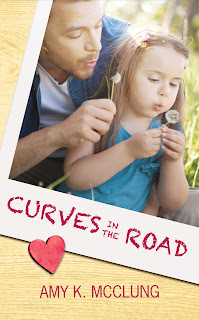



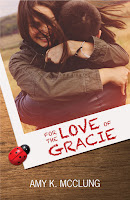





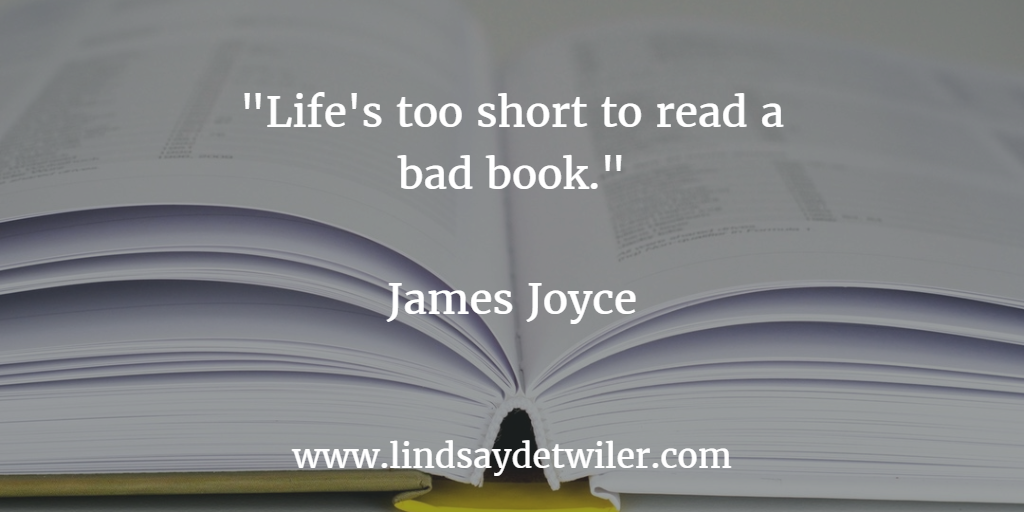
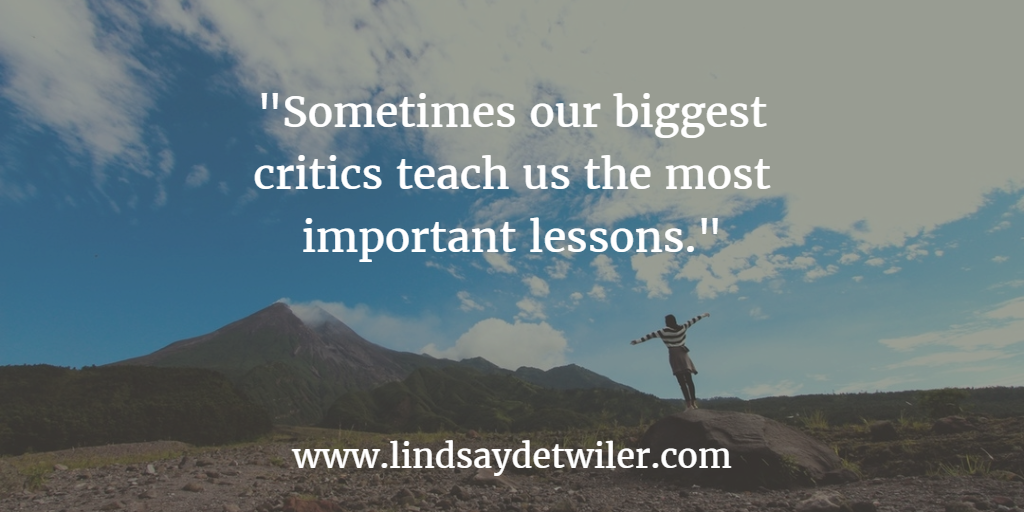
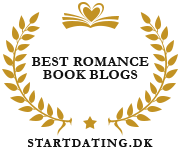
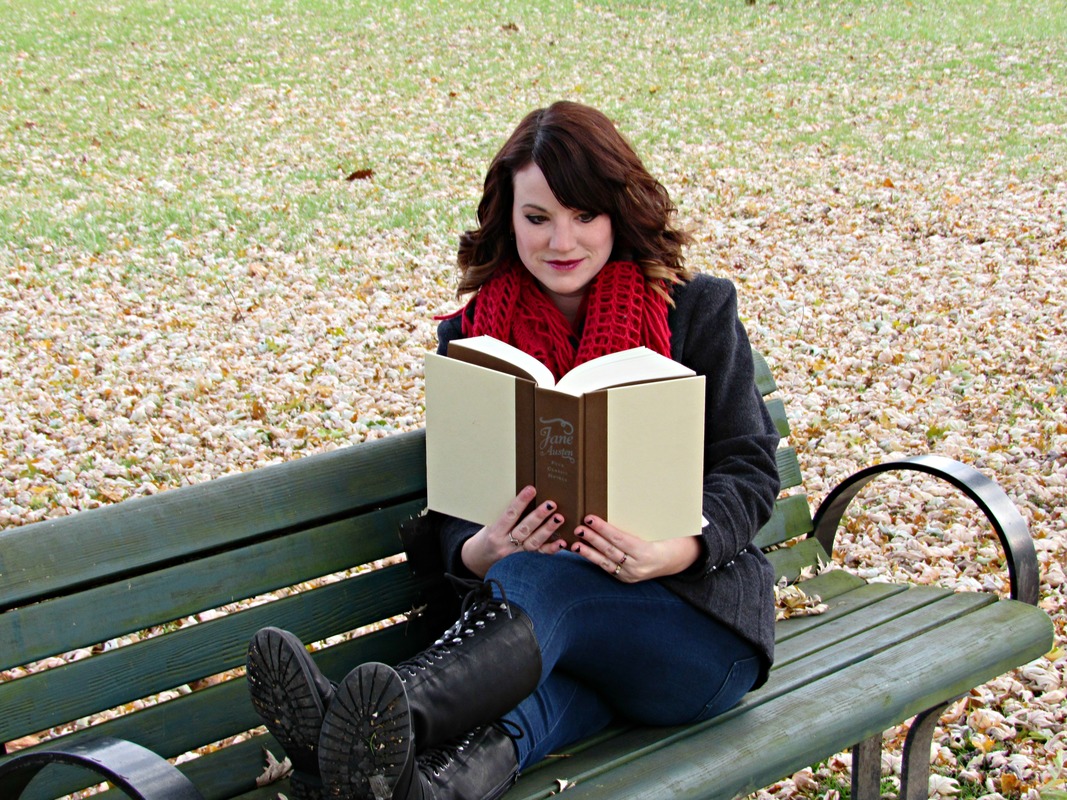

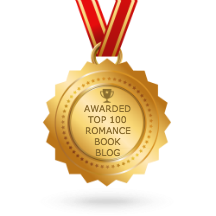
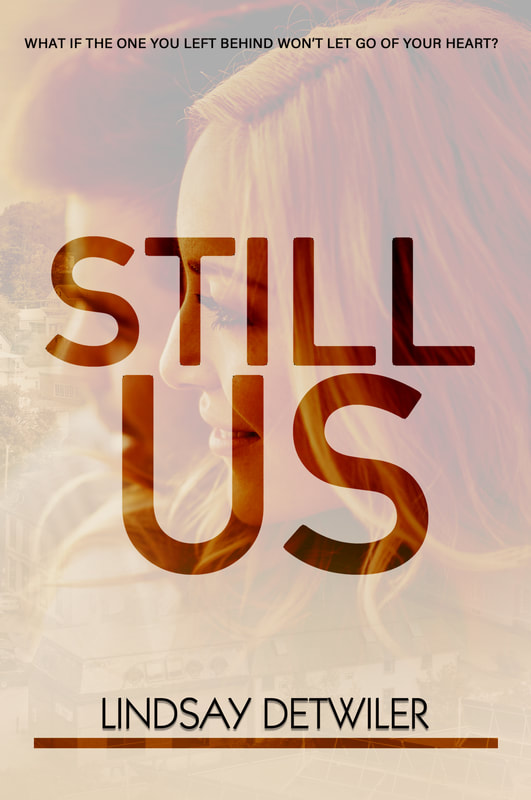
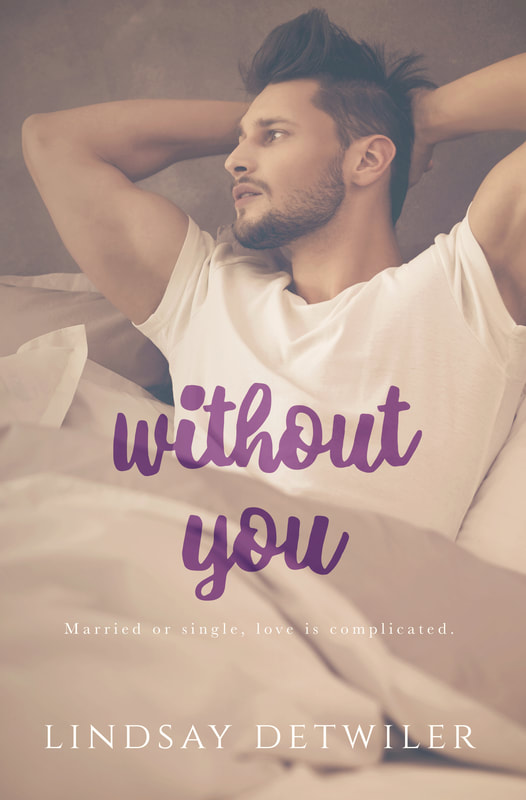
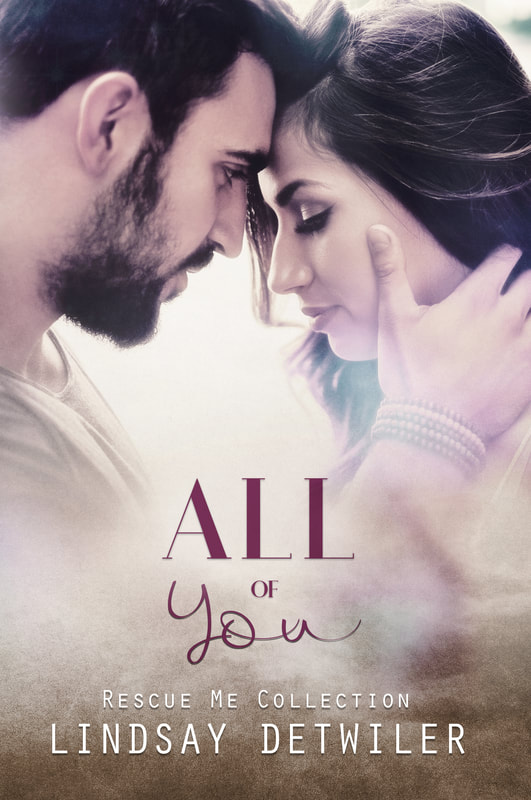
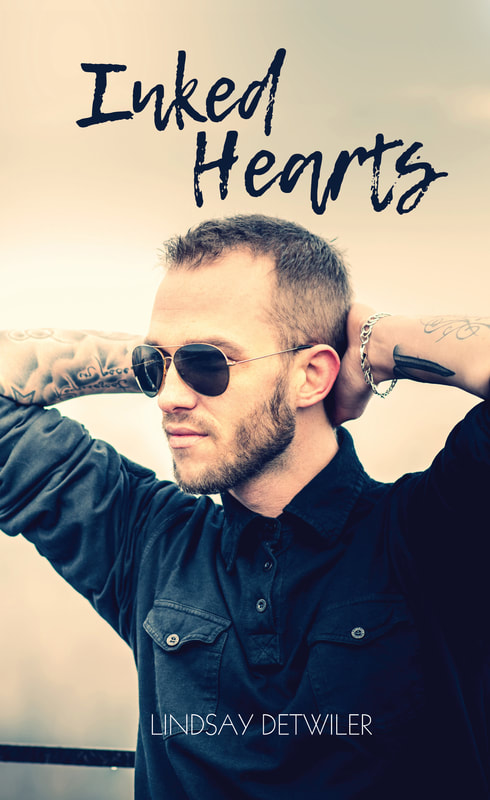
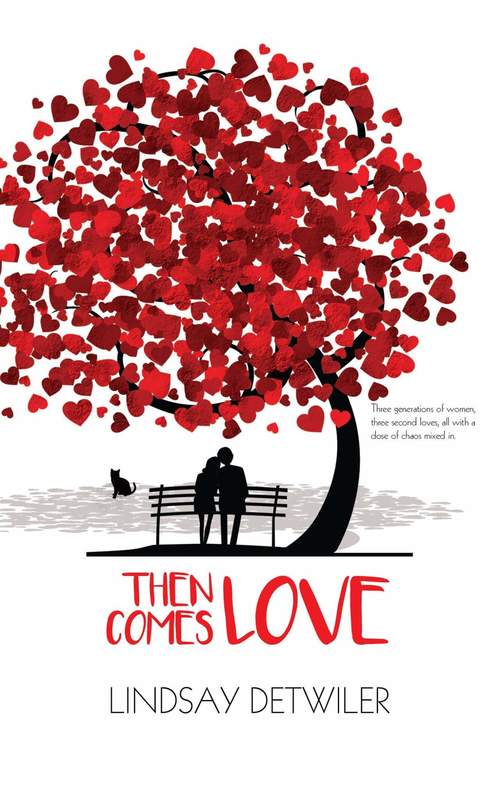
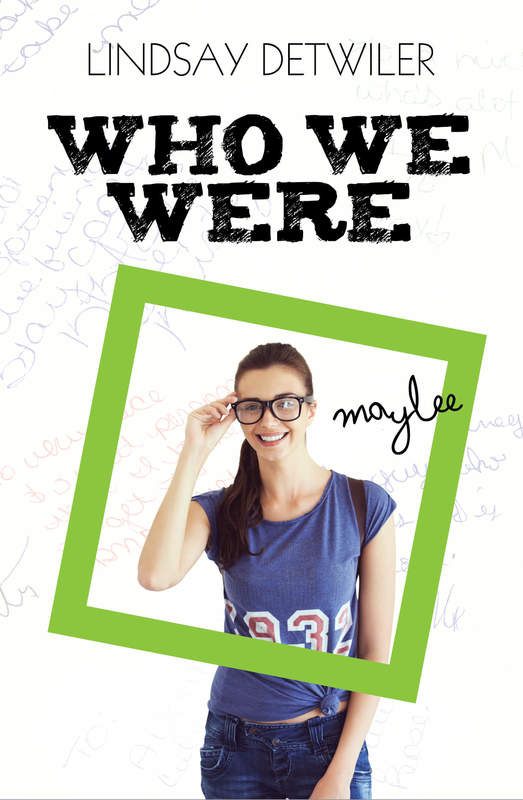
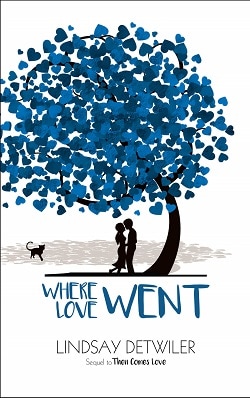
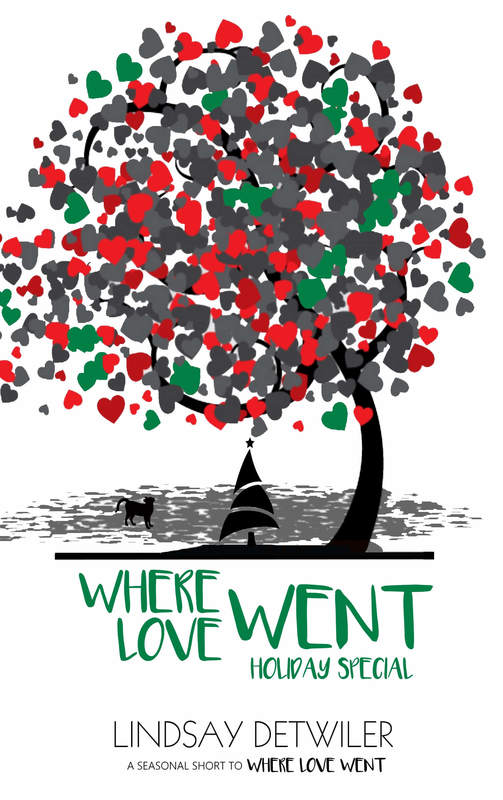
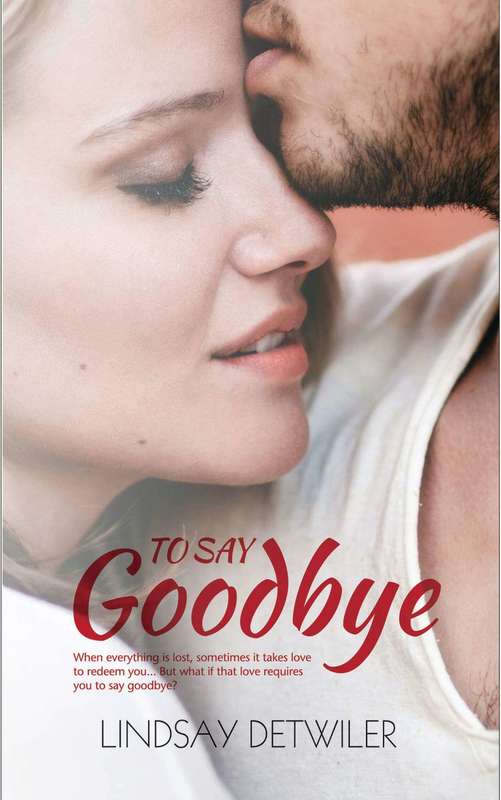
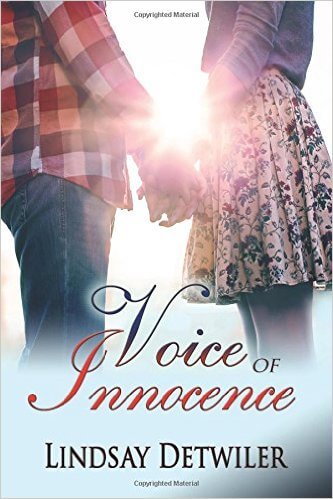
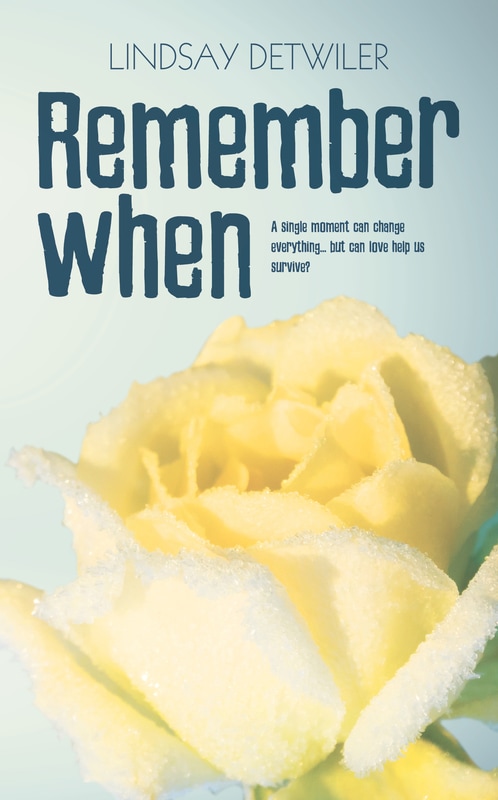
 RSS Feed
RSS Feed